
Manure Magic: Reducing Swine Manure Volume
Challenge
Manure and raising animals go hand-in-hand. Managing this natural by-product is a challenge farmers’ deal with day-in-day-out. A 200-pound pig creates about 9.8 pounds of manure per day. For an operation finishing 10,000-head annually, that is about 4.2 million gallons of manure to manage each year.
CHALLENGE ACCEPTED
Purina designed Purina® EcoCare® Feeds to help swine producers reduce manure volume and improve manure management. Less nitrogen excretion from manure and more ingredients that break up odor molecules in the animal’s gut equal less stink. Research showed a 40% reduction in ammonia emissions when pigs were fed Purina® EcoCare® Feeds.
For an operation finishing 10,000 pigs annually, that’s a possibility of 623,895 fewer gallons of manure per year to protect our natural resources.
This is just one of the ways Purina is finding ways to help swine producers proactively manage the environment and maximize land resources.
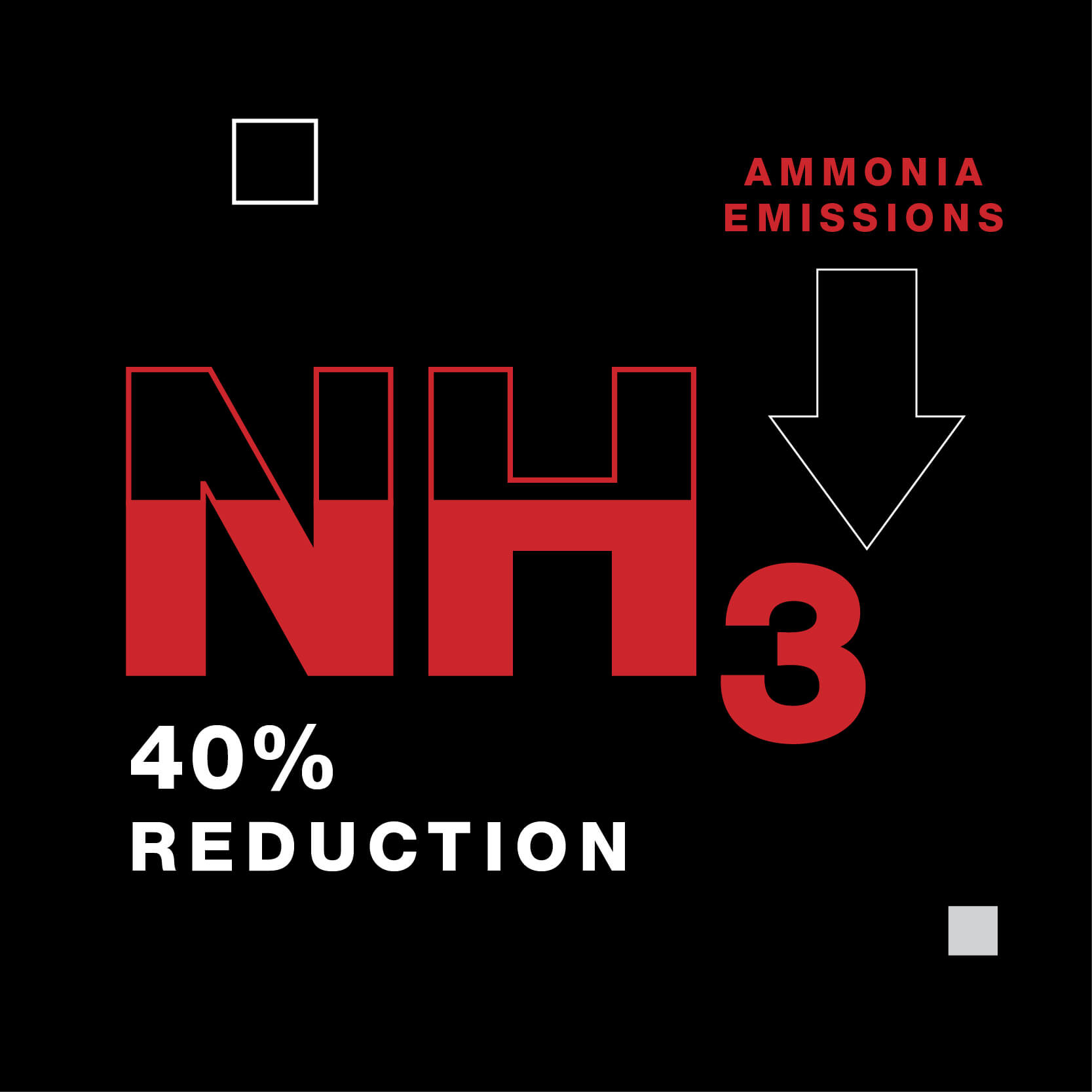
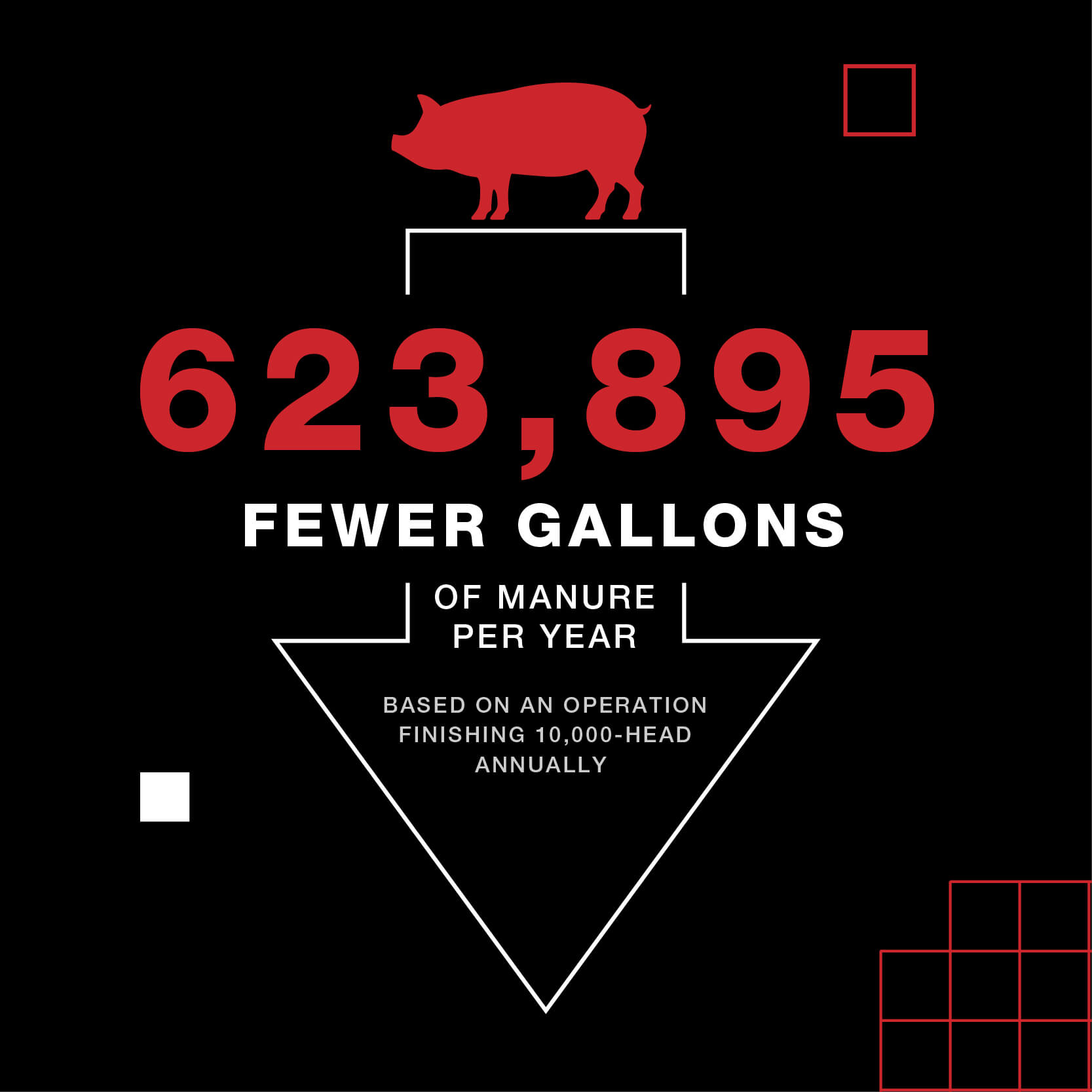
Takeaway
Manure is a natural by-product livestock farmers’ deal with every day. Purina is providing feed solutions to help farmers better manage this natural by-product and helping address the environmental impact of farms.
CHALLENGE
Immune system challenges are the number one health issue faced by the cattle industry. Estimates are that more than one in five calves are impacted every year, which means close to $1 billion is lost annually. Calves are born without a fully developed immune system, and it doesn’t fully develop until puberty or 1 year of age. Calves are weaned well before puberty, meaning they can face many stressors, environmental changes and are exposed to new pathogens while their immune system is still developing. Vaccinations and antibiotics have been the only options to fight this health challenge – until now.

Immune System Challenges: Enemy Number One
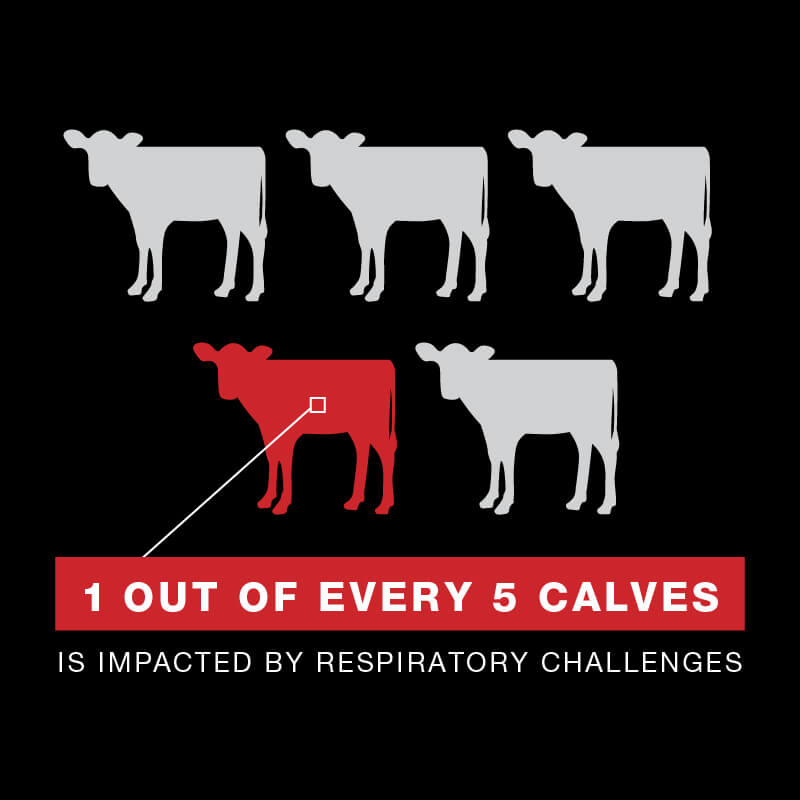
CHALLENGE ACCEPTED
Purina developed a new technology to support a calf’s immune system. The technology primes a calf’s immune system so the calf can better recognize health challenges and bounce back quickly. Purina® starters with RX3TM Immune Support Technology is a precise combination of prebiotics, probiotics and plant extracts.
Takeaway
Immune system challenges are a big hurdle in the cattle industry. Vaccinations and antibiotics have been the only option. Purina is expanding what nutrition can do to help support animal health and wellness.
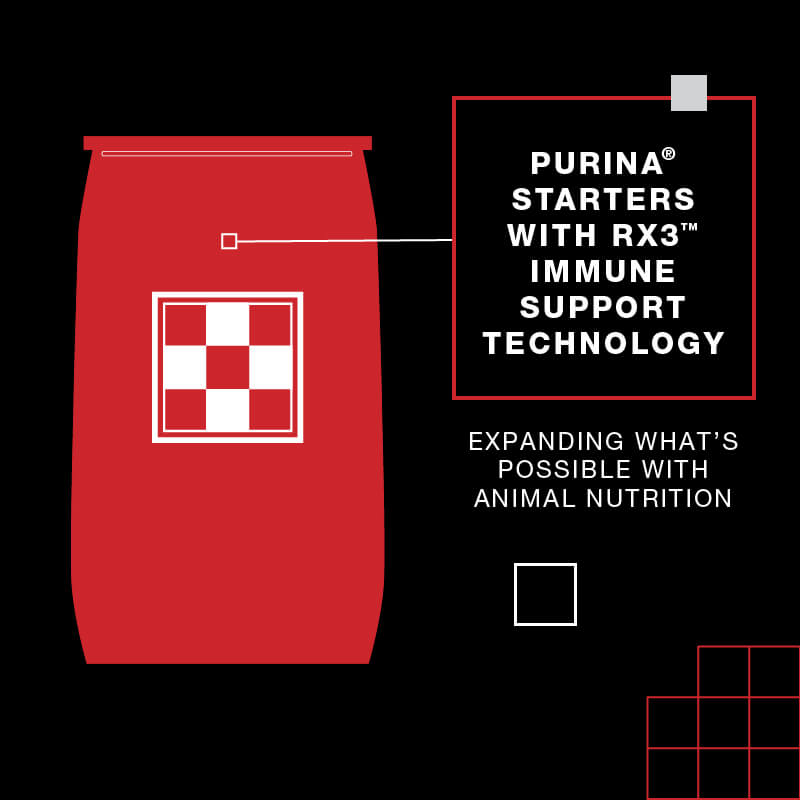

The Growing Protein Demands Affects Chickens Too
Challenge
By 2050, our world population is expected to grow by 2 billion people. More people equal demand for more food protein. Using insects as a protein source is a sustainable solution to feed a growing population. If you consider pounds of protein produced per acre of farmland, insect protein wins by a landslide. One acre of farmland can produce one to two million pounds of black soldier fly larvae meal compared to 1,500 pounds of soy or 211 pounds of legumes.
CHALLENGE ACCEPTED
Purina is helping solve the world’s protein challenge, starting in the chicken coop. If chickens are eating feed with insect protein instead of human protein sources, like soy or legumes, it may support environmental sustainability. At the same time, the use of insect protein helps meet the nutrient needs of backyard chickens.
Purina® Layena®+ Free Range Layer Feed includes sustainably sourced black soldier fly larvae meal in a complete feed. This formula mimics a free-range diet while providing complete nutrition – 38 unique nutrients to be exact. With grains and insect protein, hens can enjoy a sustainable, free-range diet no matter the weather or where they live.
Innovation doesn’t stop at the chicken coop. Purina has plans to incorporate insect protein into other animal feeds as well.

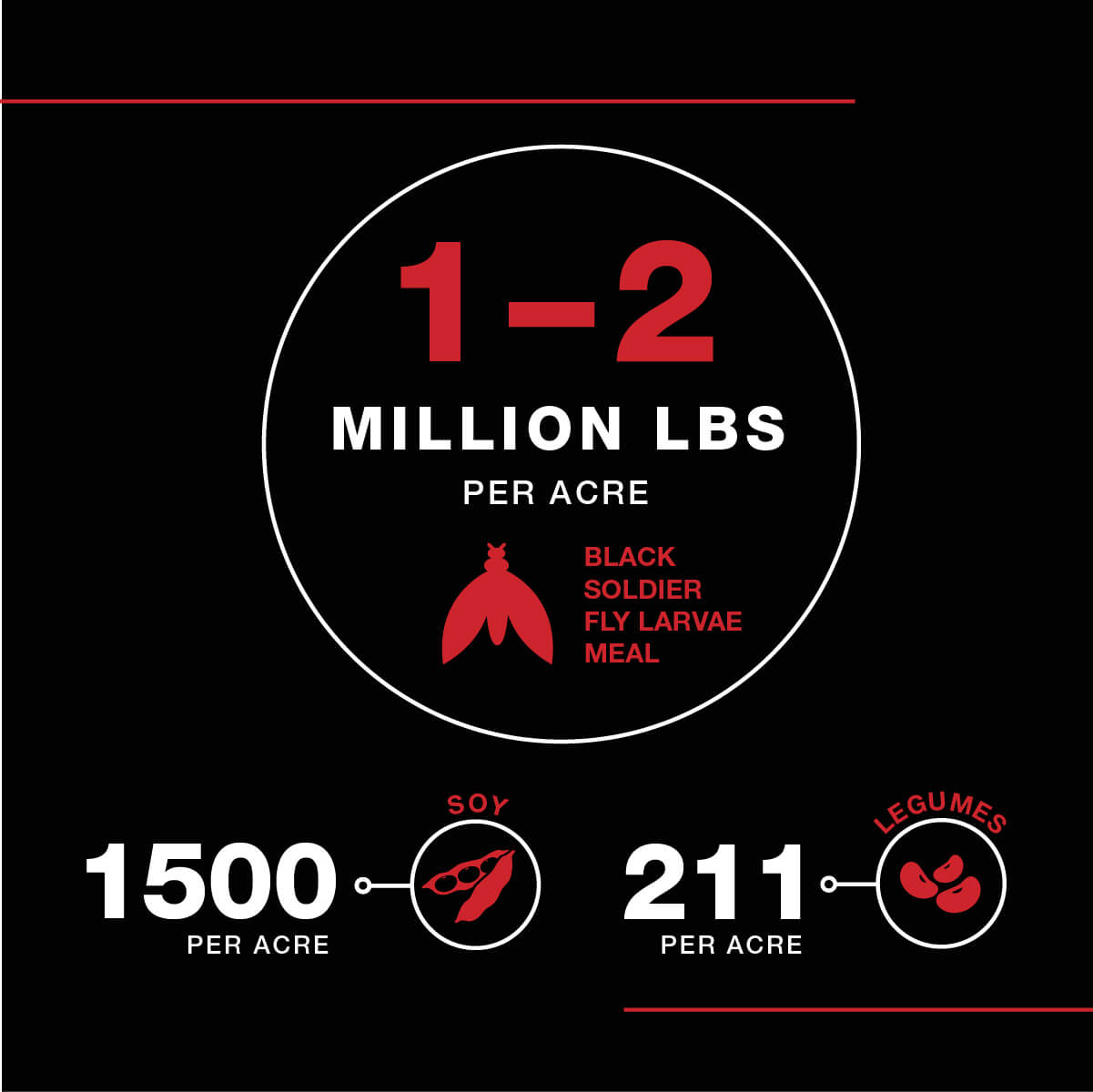
Takeaway
World protein needs are growing in tandem with population growth. But land resources are shrinking. Purina is introducing black soldier fly larvae meal in its Purina® Layena®+ Free Range Layer Feed to help sustainably meet these growing demands for both animal and human nutrition.
1 "How much fertilizers do your animals produce." University of Wisconsin- Extension, 1994. Accessed 22 Mar. 2017
2 Walraven, T., Carter, S., Lachmann, M., Bundy, J., Jarett., and DeRodas, B., (2009) "Effects of EcoCare® feeds on the mass balance of N and P during the swine finishing phase."
3 Calculated using average of 3-5 gallons of water for 100-250 lb pig. Water needs of pig. Michigan State University Extension, 2011
4 Calculated using 9.8 pounds of manure per day for a 200-pound pig. "How much fertilizers do your animals produce." University of Wisconsin- Extension, 1994. Accessed 22 Mar. 2017
5 Broadway, P.J. Carroll. N Burdick Sanchez, A Word, B. Littlejohn and D Paulus compart. 2018. Prebiotic/probiotic blend attenuates the innate immune response of steers to a BRD challenge. J Anim Sci 96 (Suppl 3):23.

